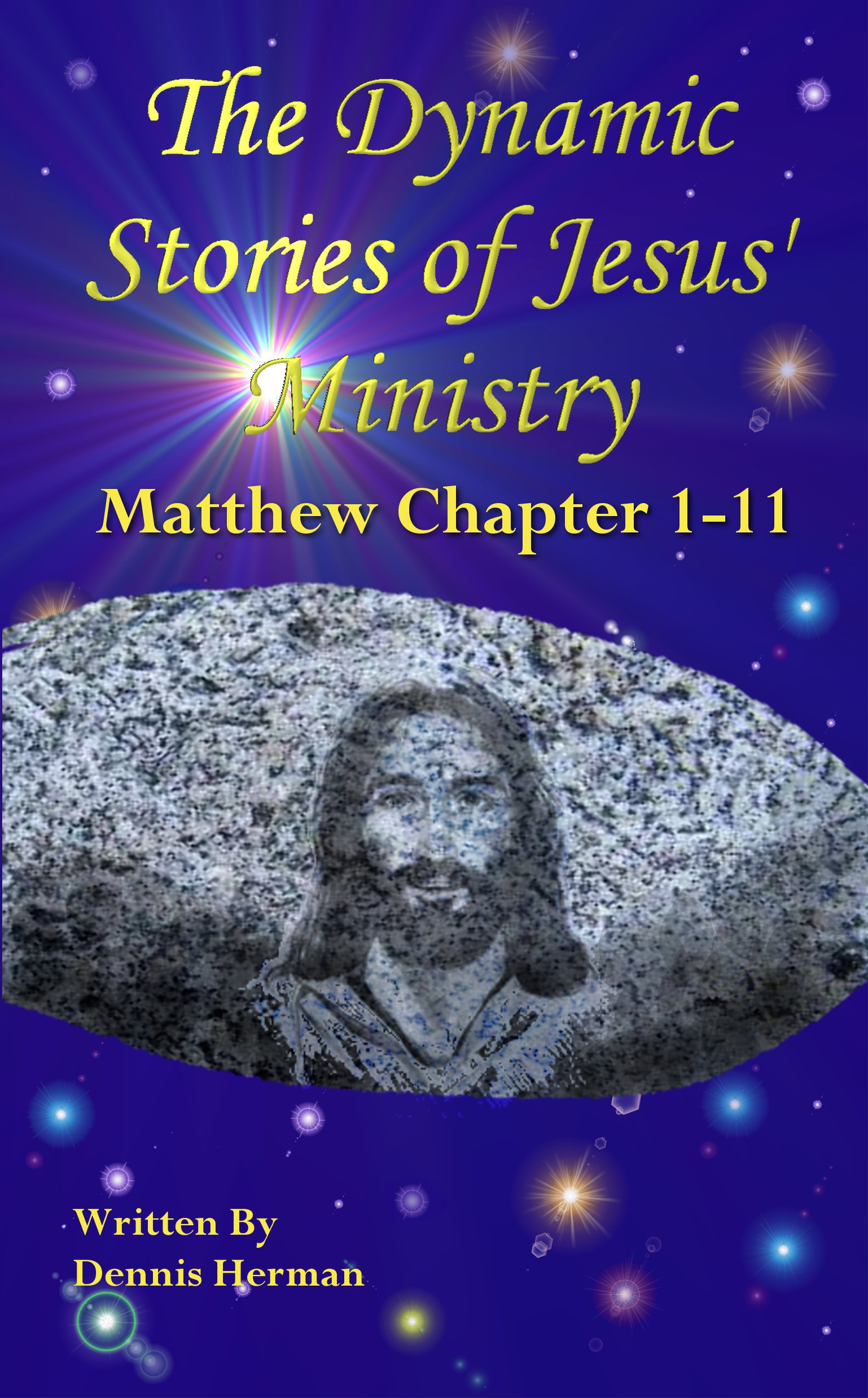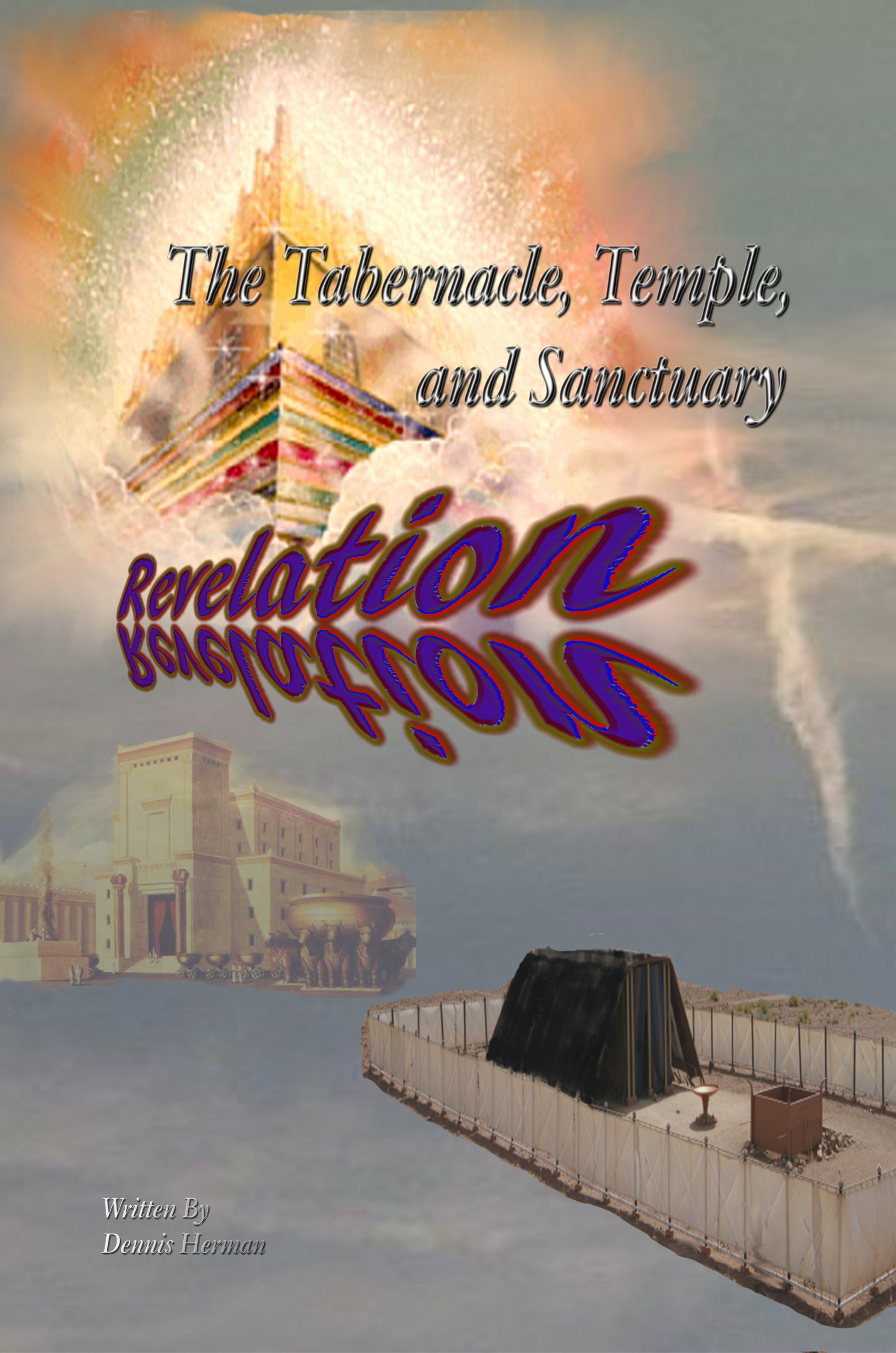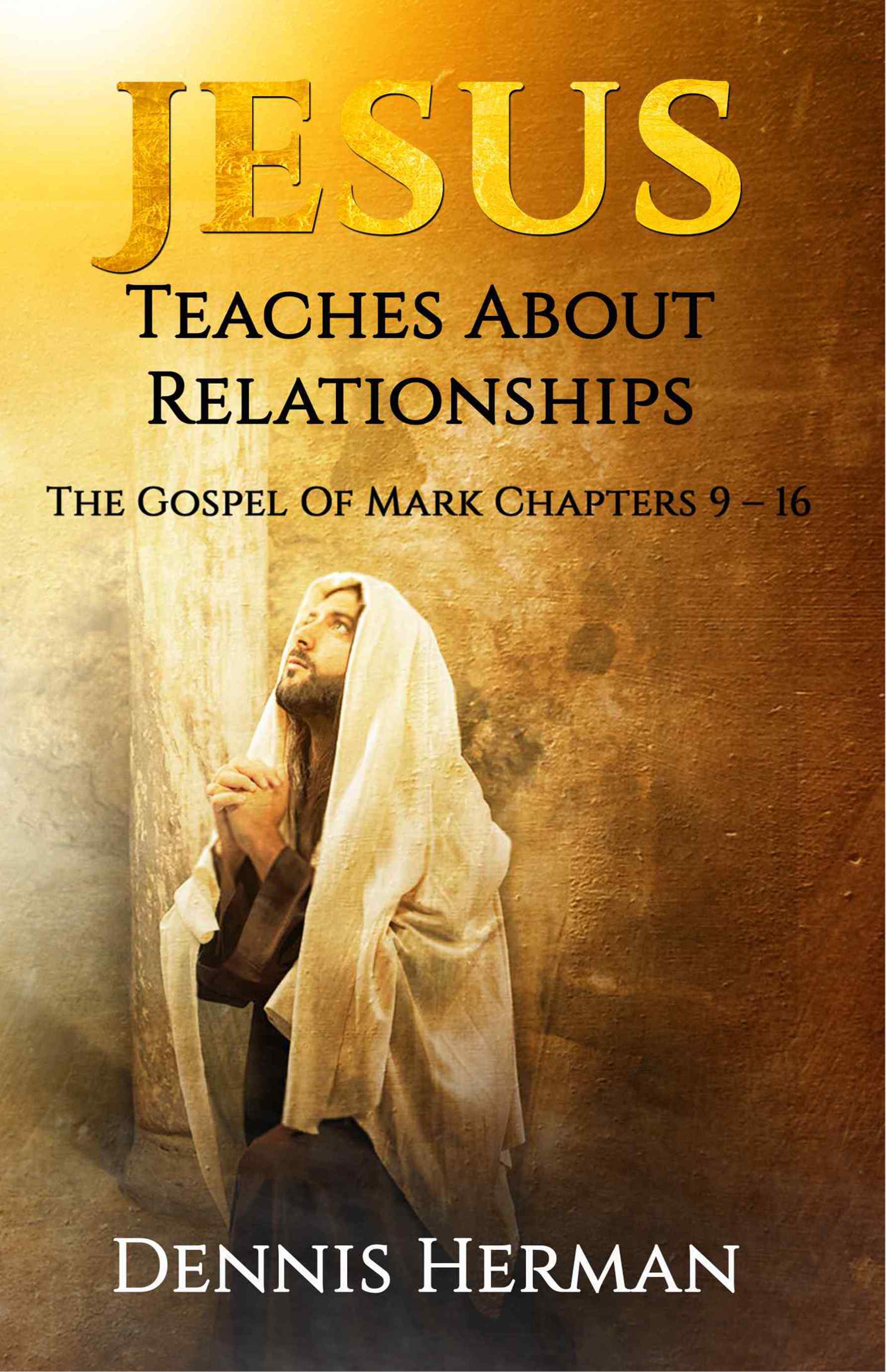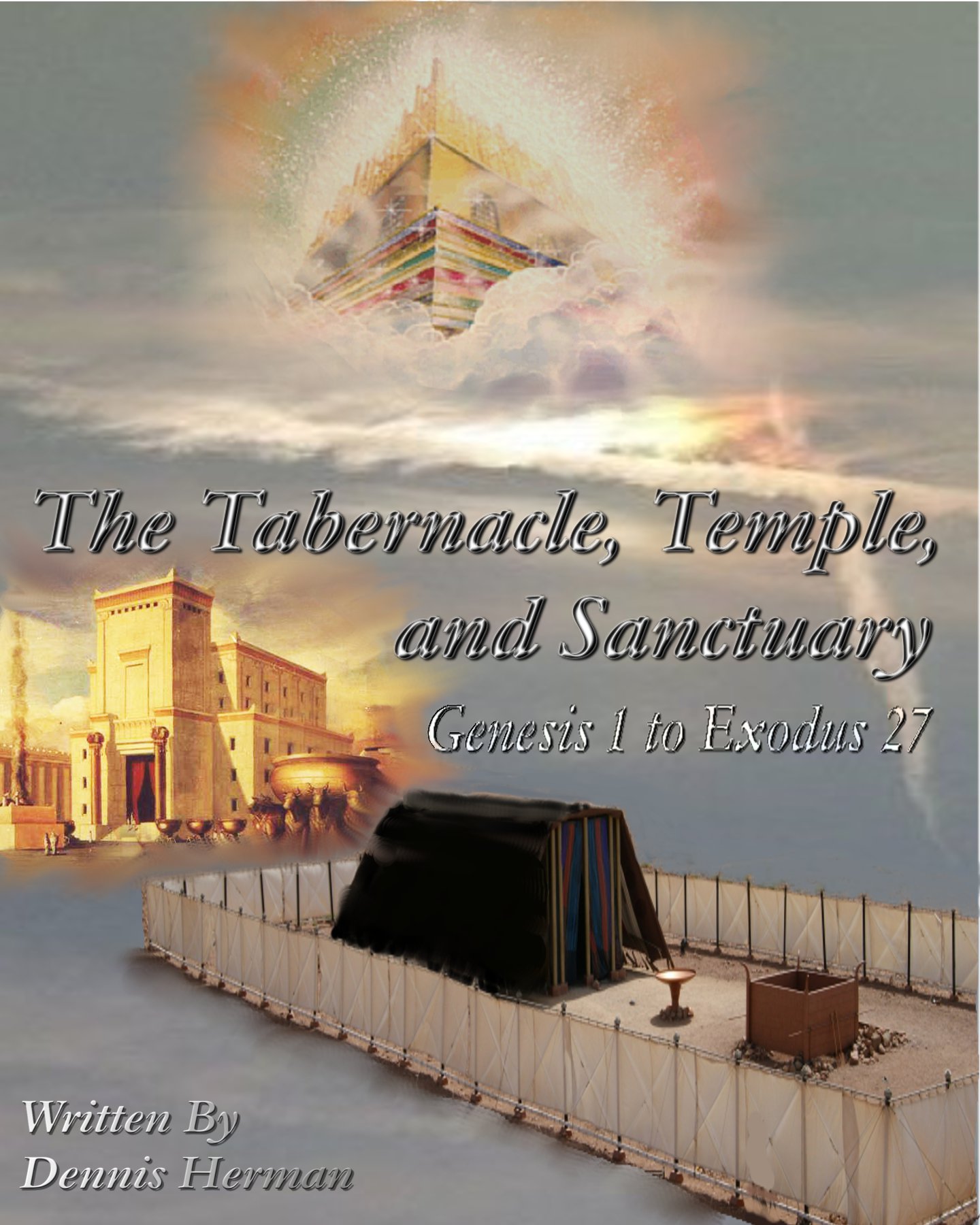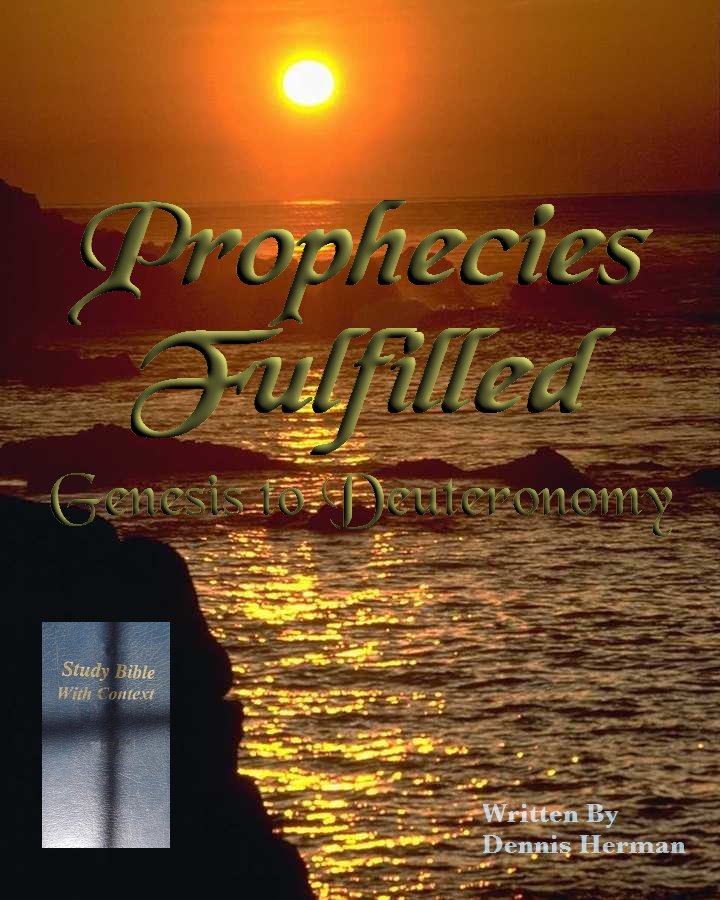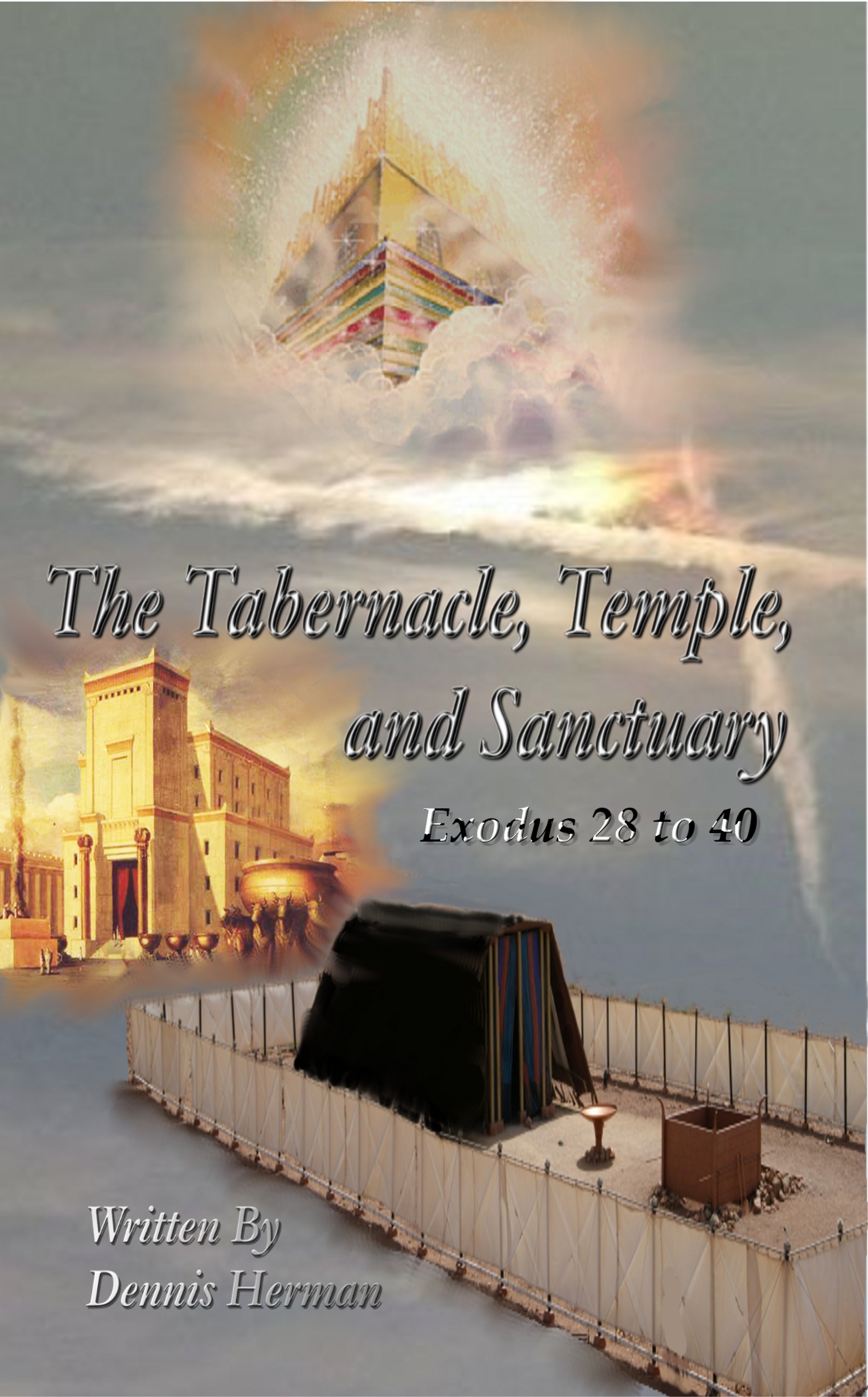1 Chronicles 16:1-6 NLTse (1) They brought the Ark of God and placed it inside the special tent David had prepared for it. And they presented burnt offerings and peace offerings to God. (2) When he had finished his sacrifices, David blessed the people in the name of the LORD. (3) Then he gave to every man and woman in all Israel a loaf of bread, a cake of dates, and a cake of raisins. (4) David appointed the following Levites to lead the people in worship before the Ark of the LORD–to invoke his blessings, to give thanks, and to praise the LORD, the God of Israel. (5) Asaph, the leader of this group, sounded the cymbals. Second to him was Zechariah, followed by Jeiel, Shemiramoth, Jehiel, Mattithiah, Eliab, Benaiah, Obed-edom, and Jeiel. They played the harps and lyres. (6) The priests, Benaiah and Jahaziel, played the trumpets regularly before the Ark of God’s Covenant.
Here we are reminded about a tent David prepared for the Ark. What happened to the Tabernacle Moses prepared for the Ark? What happened to all the other objects and articles in the Tabernacle designed to explain the approach to the Ark? Did David do the right thing?
This subject is recorded a number of times in scripture. We can’t help but find this story if we study scripture in any organized manner. Especially if we are studying the Tabernacle or temple. None of the authors recording this story offer any details about David’s tent. We have no idea what that tent looked like, or what David based his design on. How does that apply to present day views and what is taught about the Ark and Tabernacle today?
When only certain bits and pieces of the Tabernacle receive special attention, that leads to teaching about one or a few select items in the Tabernacle. We tend to loose or miss the overall view of the Tabernacle, and everything it teaches about the plan of salvation.
Not all Christian religions know about, or teach about the judgment process in Heaven. And I saw another angel flying through the sky, carrying the eternal Good News to proclaim to the people who belong to this world–to every nation, tribe, language, and people. “Fear God,” he shouted. “Give glory to him. For the time has come when he will sit as judge. Worship him who made the heavens, the earth, the sea, and all the springs of water.” (Revelation 14:6-7 NLTse).
Revelation 14 tells us about a time when God will judge the world. Based on the context, that time was after John wrote Revelation. Finding that time is a rather long study you can investigate on your own. The point here is, some Christians prefer to ignore that judgment process. By doing so, they chose to ignore certain parts of the Tabernacle and its services.
Some people prefer to ignore some parts of the Tabernacle while placing special emphasis on other sections, items, or services associated with the Tabernacle. By doing so, can they trust what they teach? When they leave parts out, their instructions can’t hope to be complete. Maybe their beliefs go off on tangents mixing worldly beliefs with factual information from the Tabernacle. The point authors brought up is, something will happen whenever parts are separated from the Tabernacle.
When we look down Israel’s history, we see how separating the Ark from the Tabernacle led to many different tangents and paths Israel followed. Some of those tangents carried into parts of Christianity. Some denominations insist the law was only for the Jews, and not for Christians. From that change they developed the once saved, always saved theology, and others to cover the absence of the law.
Another change we see in this chapter is the introduction of new sacrifices. Those changes led to separating sacrifices from the Tabernacle, then eventually led to making the sacrificial system a way to work into God’s grace. The Gospels tell us how the Jews taught people, the law was designed to follow as a way to work your way into Heaven, and the sacrificial system was mandatory to stand in God’s grace. In both cases, they lost the vision of the Tabernacle. With only a stone temple to look to, and that was a copy of a copy, everything was lost. There was no vision, understanding, and very little communication with God. It didn’t matter what was in the stone temple, their view of the one and only living God was the same as any other Pagan god. There was no connection, symbols were gone, communication didn’t exist, all that was left was a long list of details to follow, and sacrifices to offer. When they put away the Tabernacle, they shut put God’s personality.
What does the process of taking the Ark away from the Tabernacle and placing it in a tent of your own design show us? David didn’t take the Ark out of the Tabernacle, but he could have taken the Ark back to the Tabernacle and placed it where it belonged. Since many people associate the Ark with the law, what does it mean to take the law away from the Tabernacle, and place it in a world designed the way you think it should look and perform?
David may have been a good man, a man after God’s own heart. David may have developed a great relationship with God, written many Psalms, the longest book in the Bible, and taught us a lot about prayer, but what about the next, and next person? David’s relationship with God may have been strong enough to take the Ark out of its environment, and place it in Jerusalem, but not everyone shared that enthusiasm with God. Not everyone was at the stage David reached. Not everyone understood God the way David.
What about those times when a number of evil kings and their sons took everything out of the temple and turned it into a shine for one or more Pagan gods? Then a good king came along, cleaned out the temple, and did his best to restore it. The new king had little to go on. When did the good king see the Tabernacle, or the Ark? The Bible has a story about a king who restored the temple, and later found a book of the law.
Hilkiah the high priest said to Shaphan the court secretary, “I have found the Book of the Law in the LORD’s Temple!” Then Hilkiah gave the scroll to Shaphan, and he read it. Shaphan went to the king and reported, “Your officials have turned over the money collected at the Temple of the LORD to the workers and supervisors at the Temple.” Shaphan also told the king, “Hilkiah the priest has given me a scroll.” So Shaphan read it to the king. When the king heard what was written in the Book of the Law, he tore his clothes in despair. (2 Kings 22:8-11 NLTse).
When the king read that section of the Old Testament, he saw how little he understood about God, he tore his clothes. Now we have to consider that point in relationship to the times we live in. Every Christian reads the same Bible, and we have a million different views. How did those people look at the section of scripture they had? What did it mean to them?
Some of those traditions worked their way into Christianity. We have seen good people in the past who God did talk to and guide, but what happened after a few generations? We do have a host of different views on the same two subjects, the law and sacrifices. Today most Christians agree, Jesus is the only sacrifice that matters. On the other hand we have debates on what Jesus’ sacrifice really means, and how His sacrifice is related to the law. Some are like David, removing the law from the Tabernacle in their own way. The Ark is gone, it is in a tent some modern day Christians fabricated on their own and they feel they need to protect God, and the scriptures they way they interpret them. But where is the rest of the Tabernacle in their doctrines when they claim the law is dead? How can you have a living Savior and a dead law?
There are so many types of Christianity today, we would have a difficult time counting them. Inside each of those are thousands of little factions leaning one way or another. What are they missing that keeps them to themselves? What does the design of their tent look like? Whatever happened to the original Tabernacle?
Like I mentioned in previous books, every other book I’ve read about the Tabernacle contained sections of the temple. Authors weaved them together to create a custom vision of God’s original design. The deeper we dig into David’s tent, the more this looks like a prophecy warning us all of those things will happen. It is as if David started a new tradition, make your own tent to worship God, and move in whatever you think is important. Then leave out whatever you don’t understand, or agree with. That wasn’t David’s intent, but as generations passed, that is what happened.











